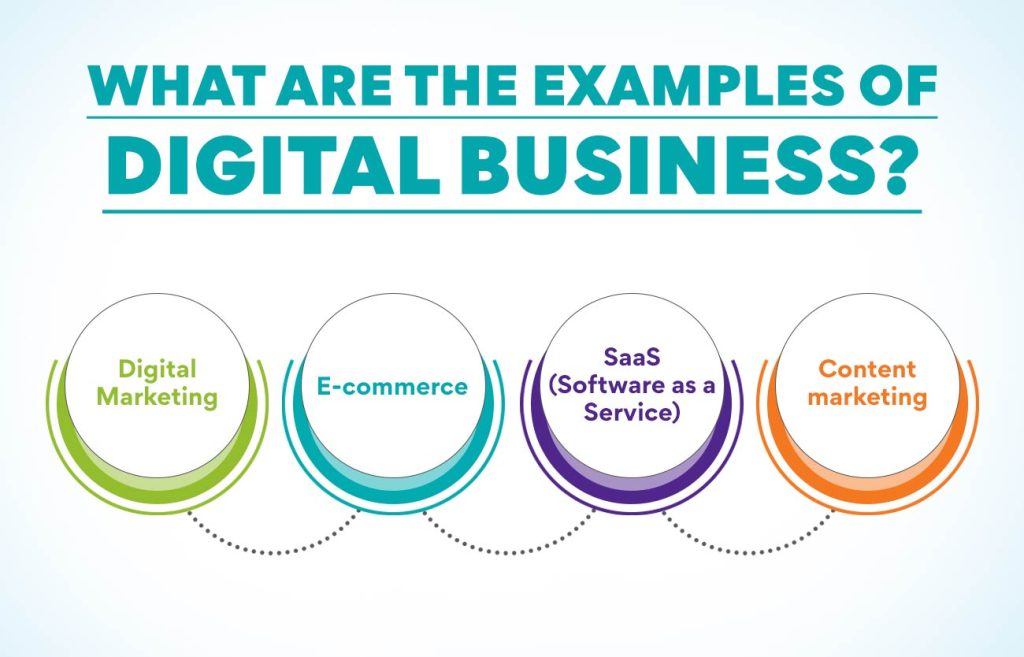
Understanding E-commerce Success Factors
Market Analysis and Positioning: Consultants conduct comprehensive market analysis to identify market trends, competitive landscapes, and consumer behavior patterns. They assist businesses in defining their unique value proposition, optimizing product positioning, and identifying target markets for strategic growth.
Technology Integration and Optimization: E-commerce success hinges on leveraging the right technology stack and optimizing digital platforms for seamless user experiences. Consultants assist in selecting and integrating e-commerce platforms, optimizing website performance, implementing SEO strategies, and leveraging data analytics tools to drive insights and improvements.
Supply Chain Management: Efficient supply chain management is crucial for e-commerce businesses to meet customer demands, reduce fulfillment costs, and ensure timely deliveries. Consultants help optimize supply chain processes, enhance inventory management, implement logistics solutions, and streamline order fulfillment to improve operational efficiency.
Customer Experience Enhancement: Exceptional customer experiences are key to e-commerce success. Consultants work with businesses to enhance website usability, design intuitive navigation, personalize product recommendations, optimize checkout processes, and implement customer support strategies that foster loyalty and satisfaction.
The Role of Consultants in E-commerce Success
Strategic Planning and Growth Strategies: Consultants collaborate with e-commerce businesses to develop strategic plans, define growth objectives, and identify opportunities for expansion. They leverage market insights, industry expertise, and data-driven analysis to create actionable strategies that drive revenue growth and market share.
Data Analytics and Insights: Consultants utilize advanced data analytics tools to track and analyze e-commerce metrics such as website traffic, conversion rates, cart abandonment rates, customer lifetime value (CLV), and return on investment (ROI). This data-driven approach provides actionable insights for optimizing marketing campaigns, product offerings, and customer engagement initiatives.
Digital Marketing and Branding: Consultants assist e-commerce businesses in developing and executing digital marketing strategies that drive brand awareness, customer acquisition, and sales. They specialize in SEO, PPC advertising, social media marketing, email marketing, content creation, influencer partnerships, and brand storytelling to enhance online visibility and engagement.
Operational Efficiency and Scalability: Consultants help e-commerce businesses optimize operational processes, streamline workflows, and implement scalable solutions that support growth. They assess organizational structures, identify bottlenecks, recommend automation tools, and facilitate agile practices to improve efficiency and adaptability.
Benefits of Working with E-commerce Consultants
Specialized Expertise: Consultants bring specialized expertise, industry knowledge, and best practices to e-commerce businesses, enabling them to navigate complexities and achieve strategic goals effectively.
Cost-Effective Solutions: Consulting services offer cost-effective solutions by optimizing processes, reducing inefficiencies, and identifying opportunities for cost savings and revenue generation.
Risk Mitigation: Consultants assist in identifying and mitigating risks, addressing challenges proactively, and developing contingency plans to ensure business continuity and resilience.
Innovation and Competitive Advantage: Consultants foster innovation, introduce new ideas, and help businesses stay ahead of competitors by leveraging emerging technologies, market trends, and customer insights.
Best Practices for Working with E-commerce Consultants
Clear Communication: Maintain open and transparent communication channels with consultants, clearly articulating goals, expectations, and timelines for projects.
Collaborative Approach: Foster a collaborative partnership with consultants, involving key stakeholders, internal teams, and external partners in decision-making processes.
Data-Driven Decisions: Leverage data analytics and insights provided by consultants to make informed decisions, track performance metrics, and measure the success of initiatives.
Continuous Learning: Embrace a culture of continuous learning and improvement, seeking feedback, evaluating results, and adapting strategies based on market feedback and evolving trends.
Consultants play a critical role in supporting e-commerce businesses by providing specialized expertise, strategic guidance, and innovative solutions that drive success. By partnering with consultants, e-commerce businesses can navigate complexities, optimize operations, enhance customer experiences, and achieve sustainable growth in the competitive digital marketplace. Embracing the benefits of consulting services and adopting best practices ensures that e-commerce businesses stay agile, resilient, and competitive in an ever-evolving landscape. Why guess? Leveraging consultants to gain critical digital support for any type and size business. Consulting services is smart business.









